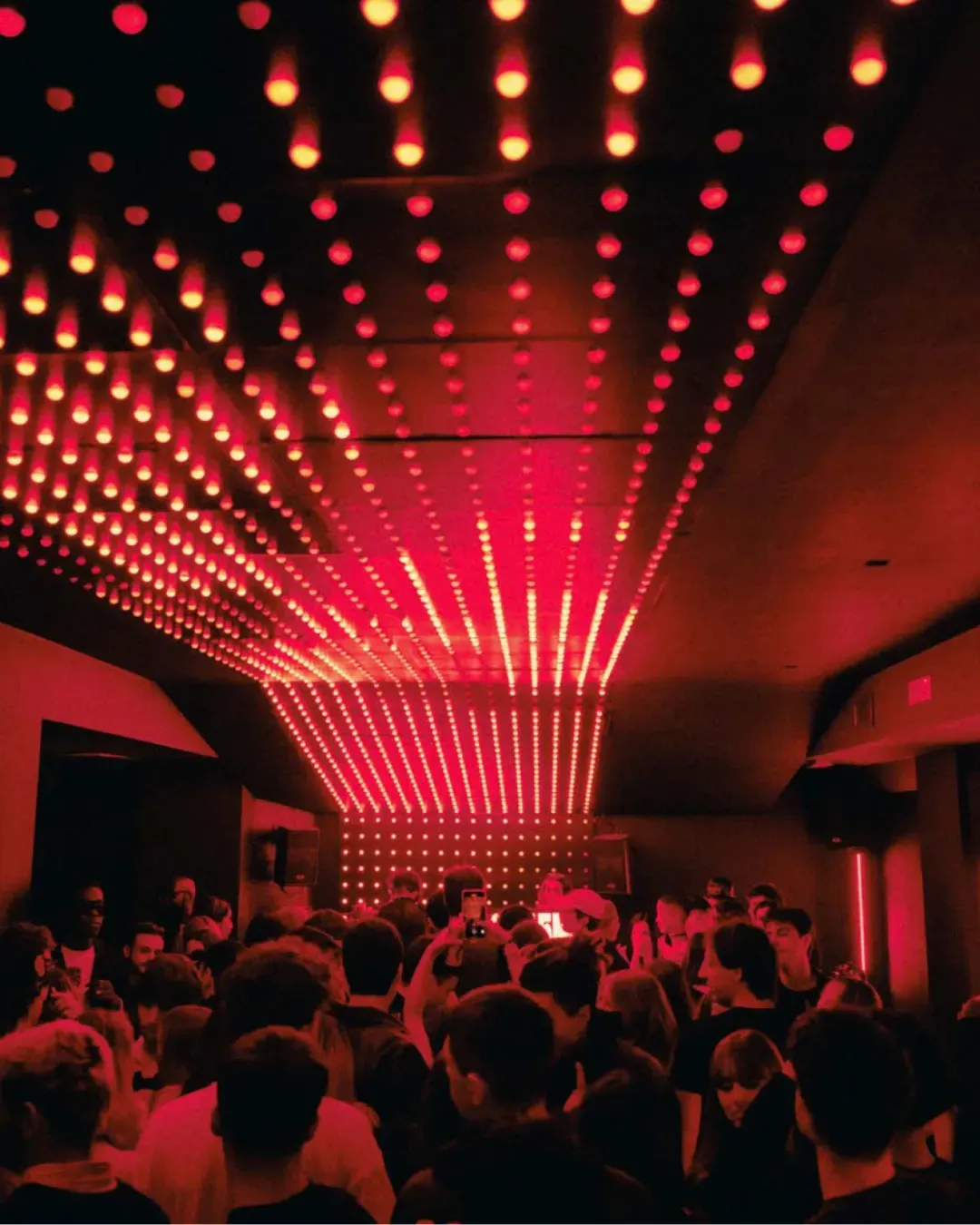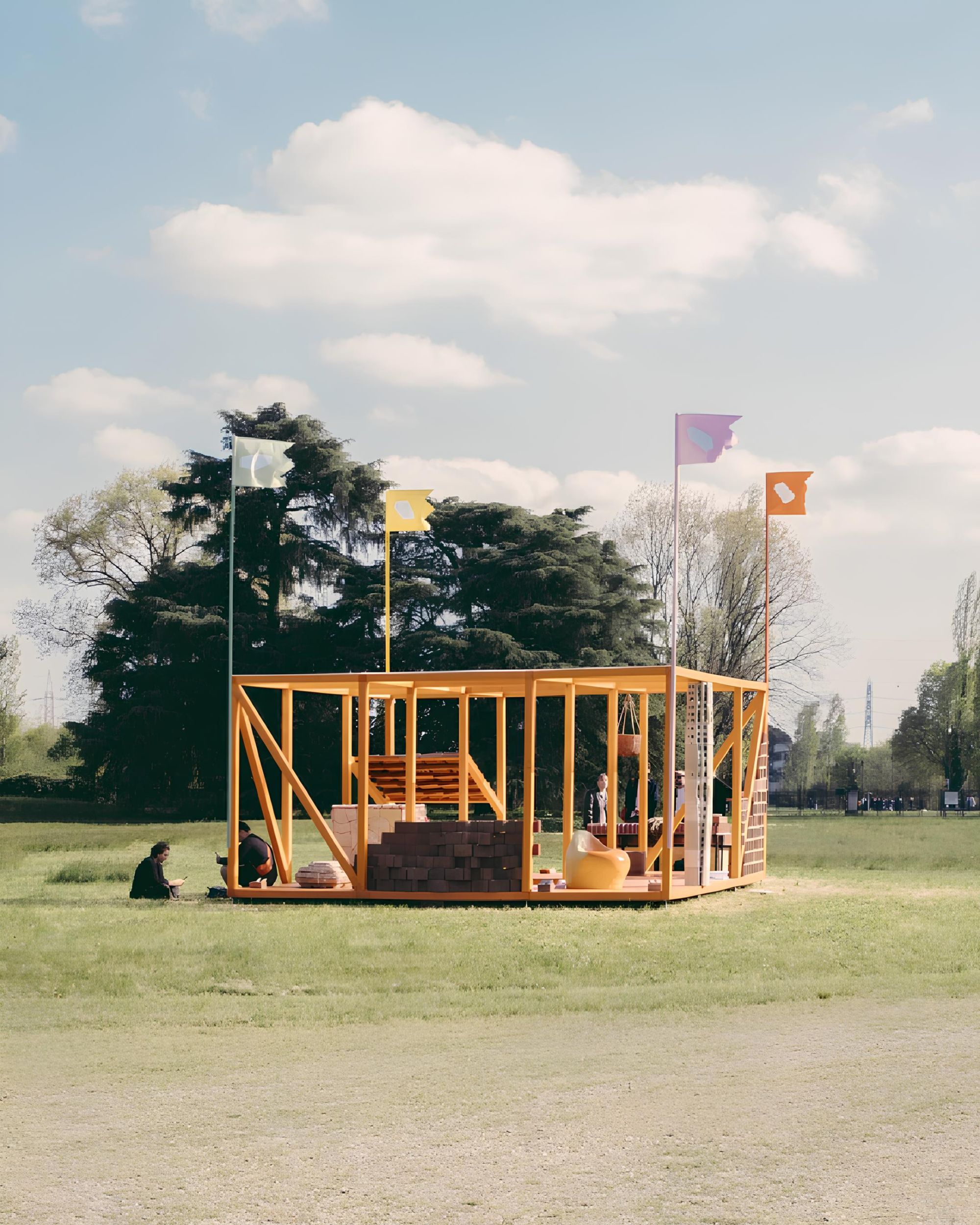
Growing Up In Italy: exploring the new Italian identities In Woolrich latest project four Italians talk about the link between gastronomy and identity
"What was it like growing up in Italy?" For those who were born and raised there in Italy, the question takes on almost obvious connotations, the idea that the one someone is living is the only culture of reference leads people to imagine very simple, sometimes standardized, answers to this question.
However, there are cases in which the answers may be different from those expected, and this is because for someone growing up in Italy could mean having to break down barriers and be the bearer of a positive change that could transform the dominant culture. For Afro-descendants, for people of color, the answer to that question is not always obvious, but it can be surprising: the intention of the project Growing Up in Italy, developed in collaboration with Woolrich, is exactly this one: to investigate the answers to that question, with the goal of bringing out positive stories of integration and success, stories that start from personal experiences but which meet in one of the most characteristic aspects of African culture, food. Recent years have seen the emergence of many African restaurants, a culinary culture in some ways very different from that to which Italy is accustomed, but which, in its essence, has the same function of aggregation and handing down traditions. For this reason, The Good Neighborhood Collective, the collective of Milanese creatives born with the aim of telling the stories of the second generation of Italians, has chosen to set the stories of four protagonists in two very special locations.
The first is Mama Africa: the restaurant opened in Milan in April 2017. The idea of its founder and owner, Ibrahim Jaiteh, was to become one of the reference points of African catering in the city. A perfectly achieved goal, given that in the hours in which the first protagonists of Growing Up in Italy, Junia and Amira, told their stories, on any Thursday in Milan, the place was crowded with a varied but very loyal clientele. Mama Africa's menu is in fact a mix of African influences, which travels a culinary journey through different African states, becoming a perfect place for a meeting of food and cultures.«I try to bring my culture into my projects every day. I am a graphic designer and my goal is to show who I am and my identity. Everyday I try to show that there is something that we Afro-descendants too can bring something positive and that can enrich Italian culture and the West in general. We too have a background that can greatly help the West to integrate», said Amira, who is 26 and works as a graphic designer.
Growing up in Italy, for her, meant a progressive opening: from nursery schools to university, she found herself having to deal every day with an increasingly inclusive and open society, which gave her the opportunity to exchange her ideas and cultural influences. For Junia too, her personal maturity coincided with a path of growth and acceptance of her own greater identity. «Growing up I realized that my peculiarities were actually my strength, and that I didn't have to try to conform to others. Every day I try to do important work on myself, to do everything in the best possible way and try to be a point of reference for my generation».
Amira and Junia also told us about their favorite dishes, respectively cous cous & tajine (one of the typical dishes of Moroccan culture, a meat and vegetable stew then accompanied by sauces and spices such as Ras el Hanout), and jollof rice (a rice and tomato based dish, which exists in many different varieties). But African cuisine is very varied, made up of an infinite variety of combinations of ingredients, as well as presentation methods. The second part of our project therefore moves on Sambuus. The restaurant was born from the idea and the desire to bring some Somali flavors to Milan. Over time, customers have responded very well: they range from young people, open to the desire to know a new culture, to professionals who allow themselves a different lunch break.
Within Sambuus we also meet Williams, graphic designer and illustrator, who said that growing up in Italy was sometimes like growing up in two different countries: «At home, especially with my family, I sometimes felt too white, while with my friends I had the impression of being too black. I thought I had to choose my side, but actually being Afro-Italian was my strength and what made me who I was. One thing I always try to remember in my artistic projects: drawing black characters helps to make others feel more represented». His favorite dish is the attieke, a dish similar to couscous but made from cassava, topped with fried plantains and chicken.
Even Havana, passionate about kelewele (a snack based on fried plantains and spices) had to deal with its duality: "often even in my modeling job I happened to be either too white or too little white", she said. . Growing up in Italy also means having to break down barriers, make those barriers fall so that - in all areas of life - we can always do better. «Every day I try to raise awareness among others and make it clear that there are no differences and that in a country as multicultural as Italy, the future can only be positive».
































































